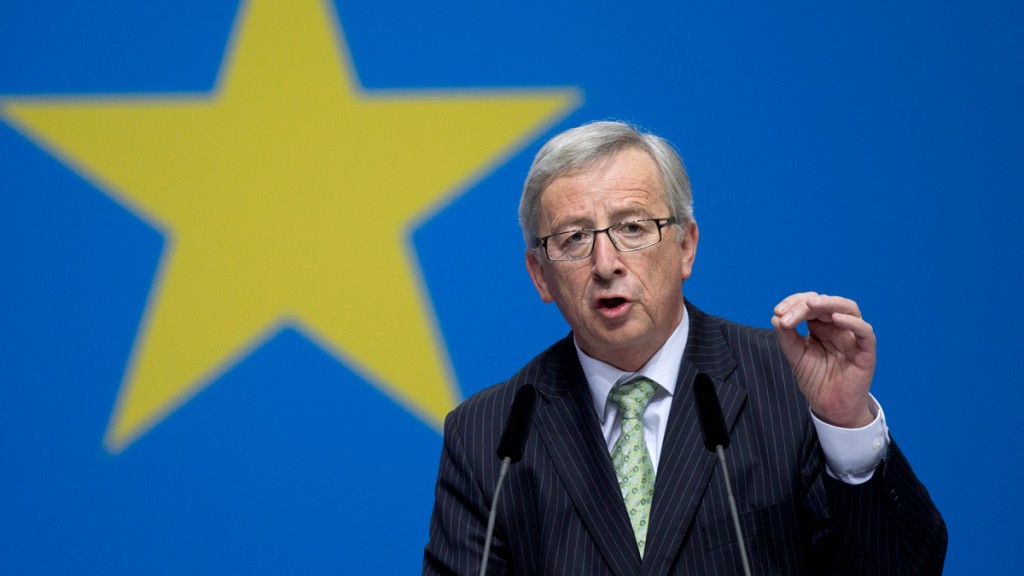
We’ve been talking about how much we disapprove of EC president Jean-Claude Juncker in the MoneyWeek office for a while now. For us, he pretty much sums up everything we see as wrong with the EU (and not all of us voted leave by the way).
Sometimes he is too flexible: refusing to enforce austerity rules in Spain and Portugal in defiance of the Growth and Stability Pact and cosying up to Russia when the EU is supposed to be imposing sanctions on it, for example.
Sometimes he is oddly inflexible: refusing to discuss any possible changes to EU policy that might have kept the UK in the EU and demanding that we invoke article 50 immediately, despite the fact that we have no legal obligation to do so.
He has also proved utterly hopeless at either dealing with any of the crises (in Greece, on the borders, in the UK) that have hit the EU in the last decade or creating any unity of purpose in his attempts to deal with them.
We are pleased, then, to see that one of the side effects of Brexit is a growing agreement on this. The Times ran an editorial today headed “Juncker must go” in which the paper pointed out that his “election” was not endorsed by UK politicians and that he as “shown himself unfit to hold the job or even provide coherent solutions to the continent’s gathering problems.” He has no mandate to behave like an executive president “but he behaves like one”, in the full knowledge that it is all but impossible to force him out of office.
People still ask me – endlessly – if I am sorry that I voted to leave the EU on 23 June. I’m not. And the more I look at Juncker’s behaviour and at how the structure of the EU allows it, the less sorry I am.